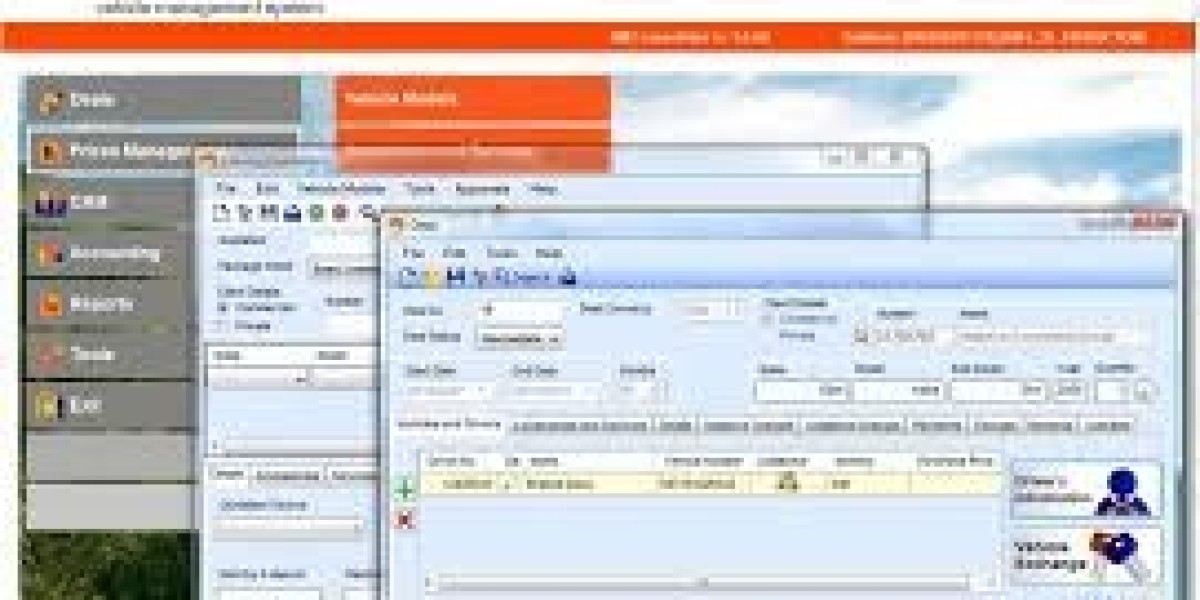Weeding. Photo by peeeeeejay/Flickr Property management software empowers you to operate more efficiently and effectively. Before upgrading, it’s important to find the right tool for your business. This is how to do it.
User Interface and Experience
Intuitive: a software is intuitive if it is easy to use Look for a software that has a customisable dashboard and a consistent experience between mobile and web representing different kinds of property management tasks.
Key Features
Accounting and Financial Management: Easily keep track of rent, bills, payment reminders, and export notes and invoices to accounts packages such as QuickBooks.
Maintenance Management: Use comprehensive ticketing system for maintenance requests to respond quicker to frontline users. Manage vendors and schedule preventive maintenance to prevent unscheduled and costly repairs.
Tenant and Lease Management: Streamline lease management with features for signing online leases and storing documents securely in the cloud. Run tenant screenings and use communication tools to manage tenants well.
Integration and Compatibility
Select your software with an eye to how easily it can integrate into your existing systems, such as CRM tools and finance or accounting software. You should be able to access relevant APIs for these systems to allow for custom integrations, as well as those to facilitate data synchronisation with property listing sites.
Security and Compliance
Make sure the software protects data security with encryption, secure access protocols, and the like. You must also make sure your delivery is compliant with local property management laws and regulations. Otherwise, you could face some serious legal trouble.
Customer Support and Training
Choose a vendor that offers 24/7 phone, email and chat support as well as training resources to help you use the software effectively. The less stressful the implementation, the better for your business.
Scalability and Pricing
Think about whether the software scales as your portfolio grows; clear and transparent pricing structures that show you what you’ll be paying not just up-front but months and years down the road – to add features or expand services – can assist you to budget effectively over time.
Performance and Reliability
Measure the software through performance metrics, such as uptime and speed, by analysing user reviews and feedback. Property management activities rely on this kind of reliable performance.
Mobile Functionality
Mobile functionality: Does the software offer a mobile app that you can use on your tablet or smartphone? This tool lets you communicate with property managers, tenants and administrators from anywhere. Inspections: Check if the software has the capability for property managers to conduct onsite inspections while generating reports. Tenant communication: Managing your properties is a full-time job. Make sure the software can help you and your team communicate with tenants from anywhere at any time. Routine maintenance: Whenever possible, you should avoid crisis home maintenance – it’s simply too costly. A quality property management software can also help homeowners manage maintenance schedules.
Future Development and Updates
Look for a software provider that invests in continuous development and upgrades. You want a solution that adjusts to industry trends and technological innovations, staying competitive and future-proof.
Conclusion
Here are some key considerations that tenant managers need to think about before making a decision on software: User Experience — how easy is it to use the software? Essential Features — how does the software help you do your job better? Integration — can the software integrate with the rest of your business? Security — is the software safe?
Support — how do they help you if you have an issue? Scalability — how easy will it be to grow your business with this software if you need to? Performance — how well does the software operate for both you and your tenants? Mobile Features — is the software ready to go with tablets and phones? Where will the software be heading in the future? Spend some time working out these questions. You’ll find that you’re able to come up with a solution that will make your business more efficient and add value to your tenants. This will, in turn, lead to a more successful business.



